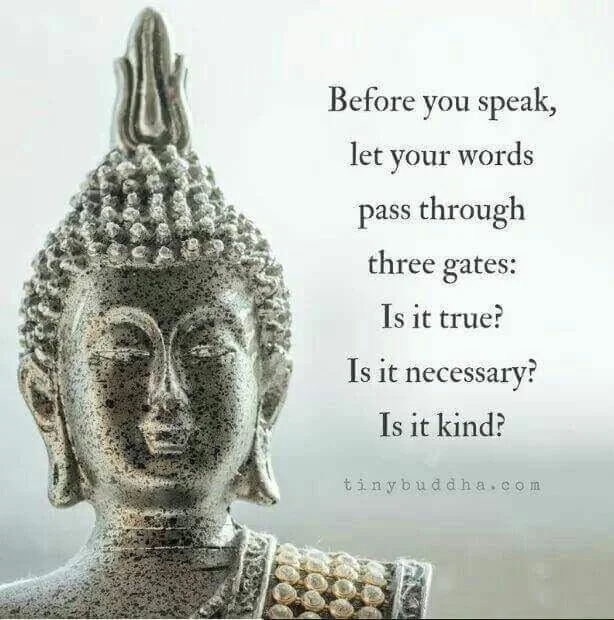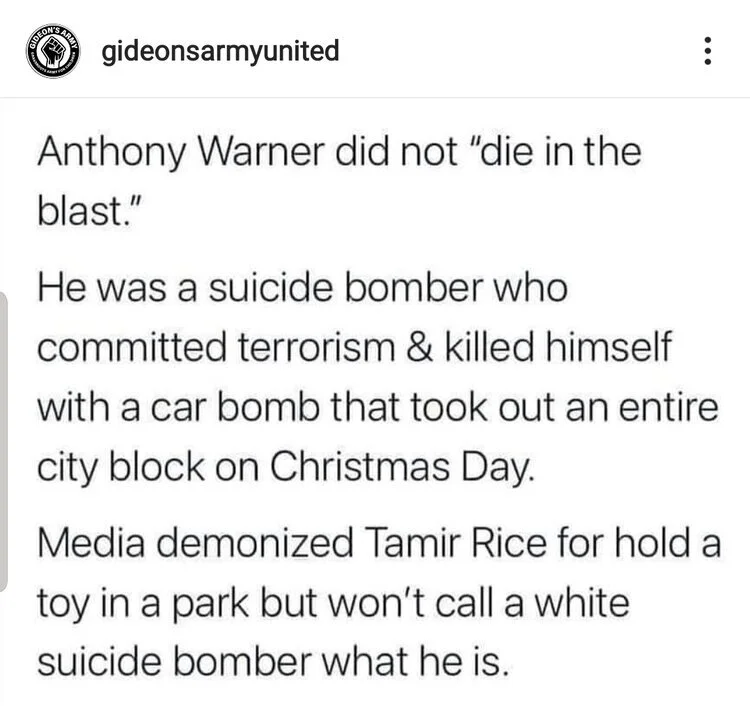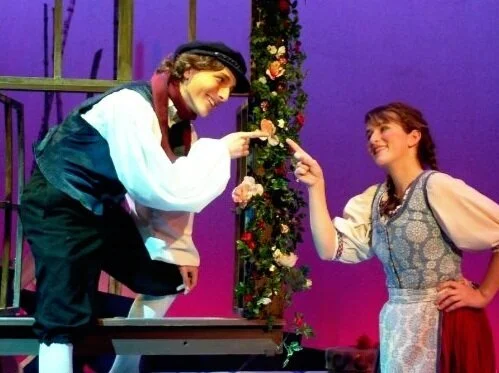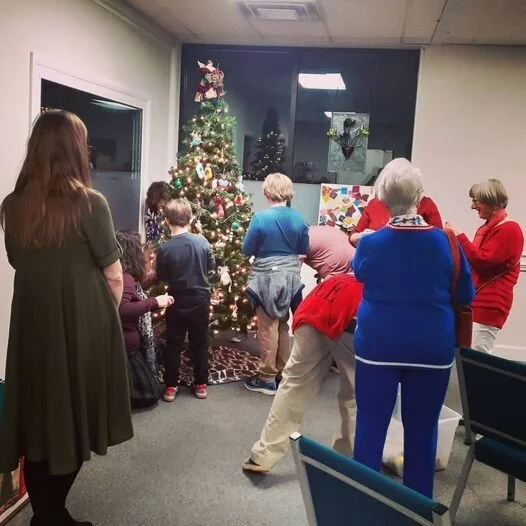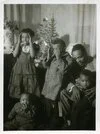Over twenty years ago, I took the Buddhist vows. They are simple, yet meaningful enough that one can work on them for a lifetime and not completely understand them. What I remember about that morning is that I was on retreat with my teachers, Caitriona and Michele, at Manzanita Village in San Diego County. It was about a two-hour drive from my home in Riverside. I learned about them from some friends I had started practicing meditation with, Charlie and Richard. We met weekly at their home for sitting practice. I met Charlie when she and I were in a group of homeschool parents.
Taking the vows is called “taking refuge.” One takes refuge in the Buddha, the Dharma, and the sangha. Each of these three entities is essential to the novitiate. Even if you take refuge as a layperson, you make a promise to honor and strive to obey the 5 precepts. Put simply, they are:
No killing
No stealing
No sexual misconduct
No lying
No intoxicants
These vows can be understood very strictly (no killing means vegetarian diet) or more openly, as intentions or goals. But there is an expectation that they will be recited with others at least once every three months. I failed to keep that promise and the others in so many ways that by the end of one year I could no longer claim to be a Buddhist. Nonetheless, Buddhist practice, study, and meditation are precious to me, and are the spiritual practice to which I return.
Buddhism is less a religion than a psychology. I find it compatible with Unitarian Universalism, and in fact, a much-needed complement, because our faith does not offer an easily accessible spiritual practice to support our individual and collective enterprise.
I also love the five precepts! Even though I fail at them constantly, I find the expression of them, especially as interpreted by Manzanita Village CLICK HERE inspiring and worthy of my striving. I say this to tell you that you don’t have to be “a Buddhist” to benefit from the forms and practices.
This Sunday, I will speak about the idea of community: the sangha, and the five hindrances to mindfulness. I invite you to think about the many communities you are a part of, from bowling leagues to storytellers, and what if any “precepts” or guidelines, written or unwritten, that pertain.
See you Sunday,
Cynthia
